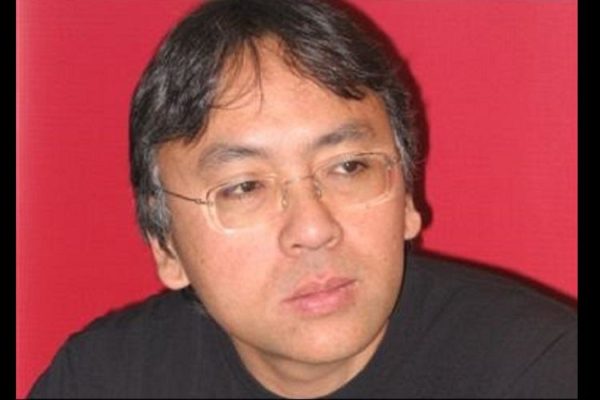Kazuo Ishiguro was revealed as the 2017 Nobel Prize in Literature on Thursday at a ceremony in Stockholm. In its announcement, the Academy praised the Japanese-born British writer as someone, “who, in novels of great emotional force, has uncovered the abyss beneath our illusory sense of connection with the world.”
Ishiguro is the author of eight novels, as well as numerous scripts for film and television. He is known for works that deal with memory, time and self-delusion. The 62-year-old’s most famous novel, “The Remains of the Day” (1989) was made into a movie featuring Anthony Hopkins. In “Never Let Me Go” (2005), Ishiguro ventured into a dystopian world set in the past but containing futuristic elements.
His most recent novel, “The Buried Giant” (2015) mixes fantasy and history. It is set in Britain during the age of King Author and features multiple characters providing perspective on the action that unfolds in the tale.
Ishiguro was selected from a total of 195 proposed candidates, who the Academy then narrowed down to a short list of five. Other rumored top contenders included Ngugi wa Thiong’o of Kenya, Haruki Murakami of Japan, Margaret Atwood of Canada, Israeli author Amos Oz, and the Syrian-born poet Adonis, though the shortlist is kept secret for 50 years after the award’s announcement.
A step away from last year’s controvesy
The Academy’s 2017 selection comes one year after it controversially awarded the Nobel Literature Prize to American musician and songwriter Bob Dylan. Many criticized the decision, arguing that song lyrics did not constitute literature.
In 2015, the award went to Belarusian non-fiction author Svetlana Alexievich.
The laureate takes home a prize of nine million Swedish kronor ($1.1 million, €937,000) and will be publicly honored at an official award ceremony this December 10 in Stockholm.
The literature prize, part of a series of Nobel awards, was funded by the Swedish philanthropist and inventor of dynamite, Alfred Nobel. According to his 1895 will, the literature prize should go to “the person who shall have produced in the field of literature the most outstanding work in an ideal direction.”
The first Nobel Prize in Literature was awarded in 1901. Since then, the honor has been bestowed 109 times to 113 laureates; the prize has been split between two recipients on four occasions.
The 2017 Nobel Prizes in chemistry, medicine and physics were announced earlier this week. The Nobel Peace Prize will be announced on Friday and the recipient of the prize for economics, established not be Nobel himself but in memory of him, will be made known next week.



Leave a reply